THIS is with reference to the report “Russia will work to ‘normalise’ Afghanistan, says Putin” (June 29). Vladimir Putin’s assurances of regional stability are commendable. Despite the fact that the Soviet Union was defeated by the United States in Afghanistan, Russian progressive policy approach to the volatile region is nothing short of revenge against the imperial power, which has just recently been forced by the Taliban to withdraw in haste and is now licking its wounds.
Russia is a growing economic and military power. It has recently seized control of Ukraine on the ground that the US intended to challenge Russia using the Nato defence pact. It is true that the US implements its expansionist designs by using states that could pose a threat to Russian security. To counter Russia, Ukraine is just being used as a proxy by the US and is paying the price in the shape of a Russian onslaught.
In the past, a deal was brokered between Russian president Mikhail Gorbachev and the US President George Bush. Following the disintegration of the erstwhile Union of Soviet Socialist Republics (USSR), they agreed on having truce and that there would be no eastward expansion of Nato.
This, however, was not followed. Nato took a number of eastern nations into its fold and continued to wield immense influence in many parts of the world. It is like stabbing a foe in the back.
As Russia launched its military intervention in Ukraine in February, it has led to grim consequences in socioeconomic dimensions across the world. Europe was highly dependent on Russia for energy, primarily oil and gas.
After Russia was sanctioned economically, Europe has been caught in the crossfire and is itself suffering considerably from energy shortage owing to the conflict.
The Russo-Ukrainian conflict, as expected, has made a wider and deeper impact not only on Europe, but throughout the world. Today, the world bears the brunt of domino effect of the crisis.
In this context, Afghanistan is in dire need of economic assistance. Regional countries, like Pakistan, Russia, China, and India, should play their part in alleviating the troubles that the landlocked state is faced with.
There is a deteriorating humanitarian crisis. The impoverished Afghan people are compelled to sell off their kidneys to survive. As Taliban leadership has been given some conditions to fulfil before it is recognised as an entity at the global level, it is still a de facto government. As a rule, it is a preliminary state in international law, before the regime is accepted as de jure.
Being a global power and having enormous influence in the region, Russia can once again play a vital role in bringing socioeconomic and political stability in Afghanistan by taking countries in the neighbourhood on board.
Abdul Qadeer Seelro
Larkana
Published in Dawn, July 20th, 2022





















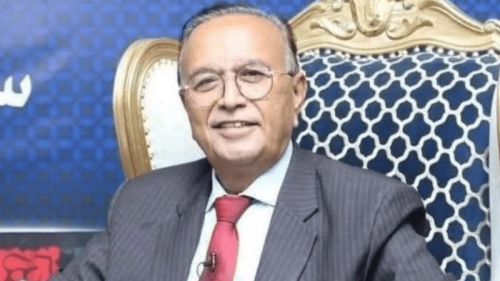
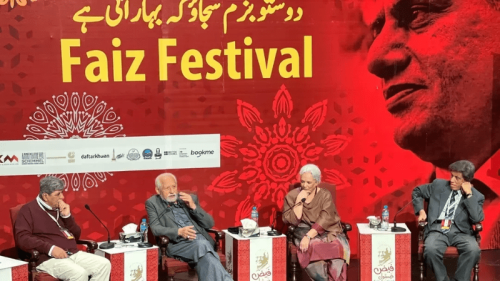










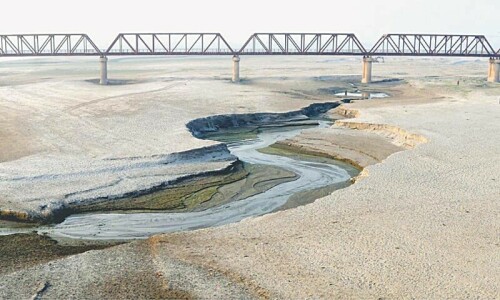

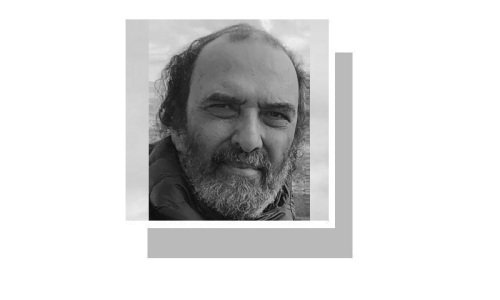


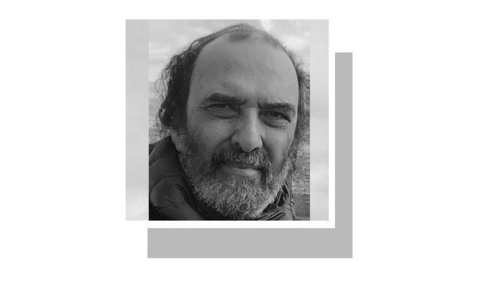
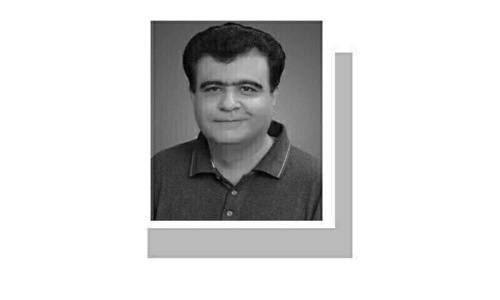







Dear visitor, the comments section is undergoing an overhaul and will return soon.